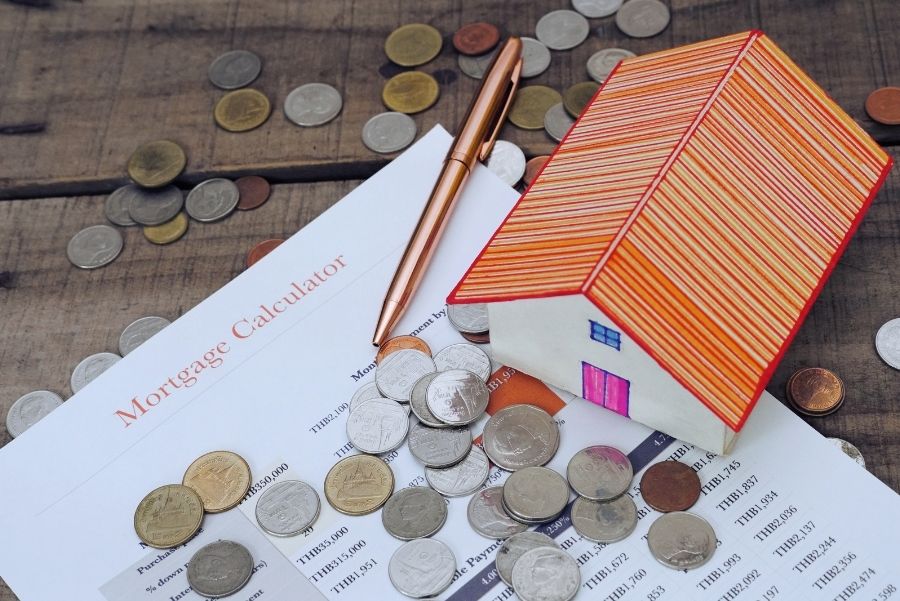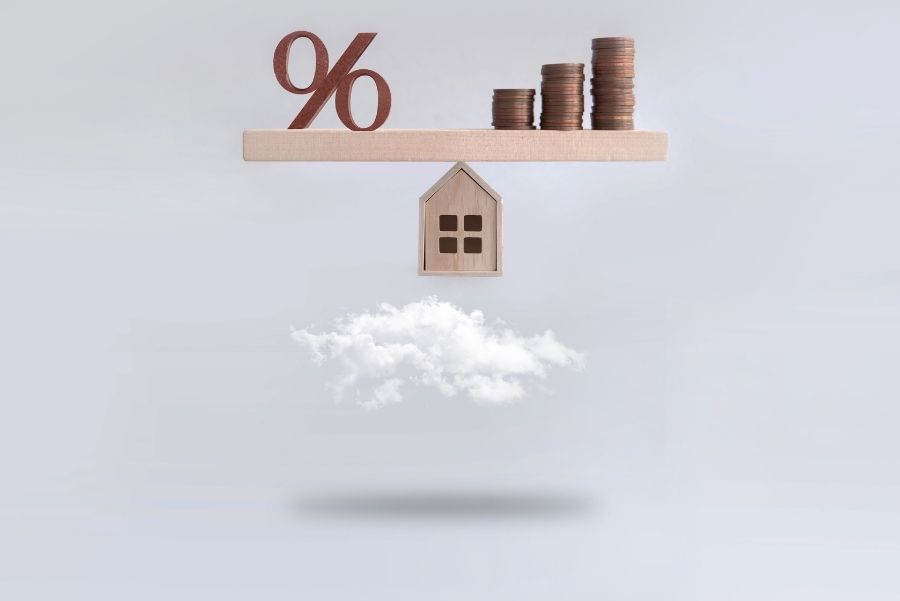Owning a house has become a part of the American way of life. Too many homeowners in America, a mortgage is the fastest way to get there. You have come to the right place if you’re considering homeownership and wondering how to get started. In this article, you will learn all the fundamentals of a mortgage.

What is a Mortgage?
A mortgage is a type of loan that you can access to purchase a home or refinance it. Mortgages are often referred to as loans. If you don’t have all the cash up front, mortgages are a way to purchase a house. You must satisfy the qualifying conditions to apply for the bank loan. Therefore, anyone with a stable and secure income, a debt-to-income ratio of less than 50 per cent, and a healthy credit score of at least 670 for other types of loans can most definitely get a mortgage.

A mortgage is not the same as a loan.
A loan is any financial arrangement where one person takes cash payment and agrees to pay it all back. A mortgage is a form of loan that is used for property financing. Mortgages are loans that are secured. In a secured loan, the lender demands some collateral if the borrower avoid making payments. In a mortgage process, the house is typically the collateral. Your creditor will take ownership of your home if you don’t pay back the loan; this is called a foreclosure.

Parties of interest involved in a mortgage
In a mortgage deal, there are only two parties involved:
Lender: A lender is a financial entity that lends you cash to purchase a home. A bank, credit union, or online mortgage company could be your lender. Your lender will check your documents when you apply for a mortgage and make sure you meet their requirements. Each lender has its criteria about who they’re going to loan money to. They usually check your credit score, wages, savings, and debts.
Borrower: The person obtaining the loan to buy a home is the borrower. You can apply as the sole creditor on loan, or as a co-borrower with your partner. It could be necessary to add more borrowers when you use for a more luxurious home.

How does it work?
When you get a mortgage, your lender gives you a fixed amount of cash to buy your house. You expect to pay the loan back over several years, with interest included. Until the Mortgage is paid off, you cannot truly own the house.
Two things define the interest rate: current market prices and the amount of risk the lender takes to give you money. You cannot manipulate existing market prices, but you can influence how you are seen as a borrower by the lender. The better the credit score you get and the fewer problems you have on your credit history, the more a responsible borrower you would look like.
As a result, the smaller your DTI, the more money you would have left to make your mortgage payment. Both of these indicate that you are less of a liability to the lender since he/she would benefit you by reducing the interest rate. The amount of cash you will borrow will depend on what you can afford realistically and, most importantly, the home’s fair market value calculated by an appraisal. This is important since the lender will not lend a sum more generous than the home’s appraised valuation.

Last thoughts
Learning some of the most common mortgage terms and processes ahead of time can help you know what to expect. Also, remember that there are different forms of mortgages and varying types of interest rates. Make sure to have a good credit score and no debts before applying for a mortgage.
